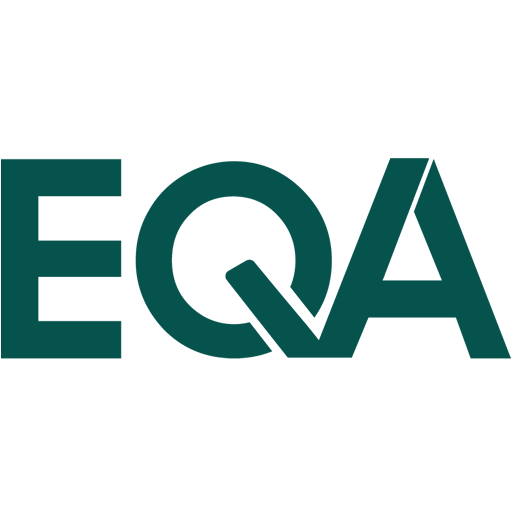
ISO 39001 – Road Safety
ISO 39001 specifies the requirements for a road safety management system that enables an organisation, which interacts with the road system, to reduce fatalities and serious injuries resulting from road accidents.
The requirements of this international standard include the development and implementation of an appropriate road safety policy within the company. Implementing ISO 39001 will help to:
- Save lives and reduce injuries.
- Reduce costs.
- Increase safety, reduce environmental impact and build the organisation’s brand image.
- Have a positive impact on the rest of the traffic system.
- Encourage safer behaviour.
- Support the automotive industry to develop and introduce safer products and services.
- Access to the R.D. 404/2010 bonus.
- Reductions in insurance premiums.
- Recognition by the administration in tenders related to transport and the road system.
Content of ISO 39001
The standard includes:
- 25 requirements related to road safety accidents/events.
- 45 definitions.
It takes into account any problem an organisation may have related to an accident:
- Human factor, competence.
- Road conditions, road maintenance.
- Vehicles.
- Alcohol, drugs.
These are the performance factors, the standard helps to know what role they play in each organisation.
Frequently Asked Questions
ISO 39001 objectives and steps to follow
The steps to follow would be:
- Context of the organisation (detect and identify interested parties).
- Define the scope.
- Identify the risks: select those with the highest incidence, classifying them according to their probability of occurrence and severity.
- Determine the level of control over them.
- As a result of this work, the corrective measures to avoid accidents and the establishment of measures to minimise existing risks will be determined.
The objectives of the ISO 39001 certification are:
- To know the impact as a company on road safety.
- To raise staff awareness of its impact.
- To learn more about our employees’ journeys.
- To avoid accidents.
- For ethical responsibility.
Points to analyse and identify with ISO 39001
- Stakeholders, can be: employees, collaborators, suppliers, customers.
- Risks, can be: risk factors (alcohol, distractions on the phone), risk groups (age, vehicle used for journeys, etc.), other variables (road conditions, weather, traffic jams, etc.).
- Actions: education, training, information, control, sanction, technology, roads.
More information on objectives of ISO 39001
Context of ISO 39001
We are in the decade of actions for Road Safety, this is a worldwide initiative. The only way to deal with this accident rate is through training, surveillance plans and traffic studies.
This standard is a tool to reduce and eliminate the risk of death and serious accidents, it is about establishing strategies to compensate for human error, this standard systematises and fills gaps in road safety regulations, focusing on continuous improvement and allowing the establishment of objectives.
Mobility actions are particularly effective in the work environment.
Corporate social responsibility must also be understood internally and in the case of actions taken on mobility will also take into account external consequences.
Mobility should be seen as going beyond road safety and the private car and should be considered as a tool for the social responsibility of organisations.
More information about the context of ISO 39001.
Contact us for more information on ISO 39001
Certificación de Calidad